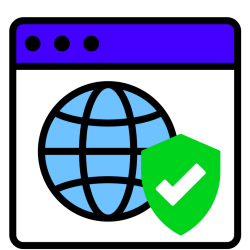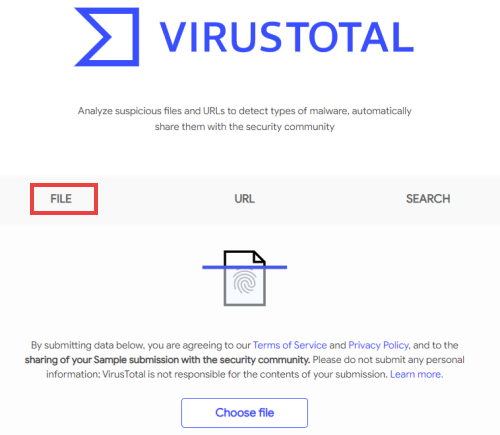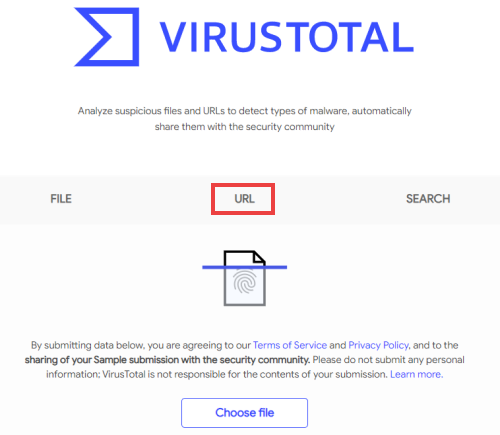 The security of your computer starts with a safe internet connection. Always do software updates and when in doubt check files and links for viruses.
The security of your computer starts with a safe internet connection. Always do software updates and when in doubt check files and links for viruses.Main rules for safe internet use
A computer connected to the Internet is susceptible to viruses and other malware. You can of course arm yourself against this with an antivirus program. But that is certainly not the end of the matter. The antivirus program is actually the terminal on which the trouble is intercepted. It is better to prevent malicious software from entering the computer. You can control that yourself with these two main rules:
1. Don’t click blindly
Never click on a link you don’t trust or open a file you’re not sure what it is. That is quite difficult to determine. Are you tempted with an offer that is too good to be true, are you promised revealing images or do you receive something from someone you know, but is the text in defective Dutch? Then an alarm bell should go off. When in doubt, consult VirusTotal (see following paragraphs).
2. Keep software up to date
Software that is not up to date is an opportunity for hackers to get into the computer. Any program you don’t update gives intruders a chance. For more information about updating the programs mentioned, also read the tip ‘Programs you can safely install’.
Scan file for viruses
A handy tool is VirusTotal. On this site you can upload a file (maximum 64 MB) that is already on your computer (don’t open the file!) or enter a URL of a web page and have it scanned for viruses. Scan a file as follows:
- Go to virustotal.com.
- Click (if necessary) on the tab traffic jam.

- click on Choose file and navigate to a file on the computer.
- click on To open).
- VirusTotal starts running and what has been checked is displayed.
- If there is something in the list with a red exclamation mark, it is not (completely) safe. Do not open the file and delete it from the computer.
Is this link safe?
Make sure you can click on a URL with confidence. Check if a link is safe:
- Go to virustotal.com.
- Click on the tab URL.

- Navigate to the place where you saw a suspicious link.
- Copy the link by right-clicking on it (not with the left!) and then choose To copy or Copy link.
- Open the VirusTotal page again and paste the link into the bar that says ‘Search or scan a URL’.
- click on search.
- VirusTotal starts running and what has been checked is displayed.
- If there is something in the list with a red exclamation mark, it is not (completely) safe. Do not open the link!